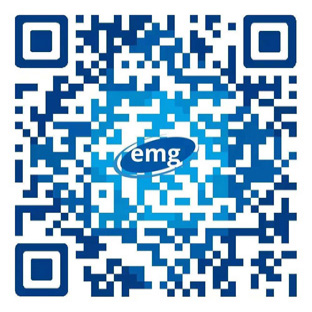WeChat challenging traditional translation and approval processes
Corporate and business content creation and localisation is founded on a long established principle of having a rigorous internal approval system in place. For our work in China, this means much of the content we work with is pre-approved by corporate in English. The content is then localised and translated, and goes through a local language approval chain. These are the basic checks and balances to ensure local language content is aligned with core corporate messaging, and to avoid any ‘rogue’ messaging slipping through the cracks. This has worked perfectly well for traditional PR content, marketing collateral, website content, advertising and so on. Until now.

WeChat is challenging these traditional processes and boundaries and to some extent changing the way communications is being managed in China. Currently, over 1 billion people are using WeChat. Content and ideas move in real-time over the platform, demanding a more dynamic, fluid and adaptive approach to posting. It is in Chinese language only, for a Chinese audience. And it is constantly evolving. This does not rest easily with the traditional approach of localising content from the global pool as the time demands of arranging approval through corporate in English can be restrictive and counterproductive. It screams for original content, developed in Chinese for China, that can be more easily managed and implemented locally.
As a result, we are seeing something of a paradigm shift in how online content for China is being handled. Across clients and companies we speak to, there is increasing license being granted now to the local communications team to run with their WeChat content more independently, under more flexible, broad guidelines and agreements with corporate.
This is a challenge for some companies in China – especially those who do not have internal resources to manage their WeChat account. For those who don’t have an internal team, here are four best practices when working with an agency on your WeChat account:
- Build a trusting relationship: Most agencies, including EMG, will assign an account manager who is dedicated to your account. It is suggested that you do the same by assigning one person on your team to be the contact. Having a dedicated person on each side reduces the chances of miscommunication and improves the flow. Ideally, this person should be able to proofread any translated posts and have the authority to approve the basic ones, as well as the ability to escalate any other ones for approval higher up if needed.
- Check in regularly: WeChat moves quickly. Meet or talk regularly with your account manager so that issues are addressed. Discuss upcoming posts, content that did well and most importantly, tackle issues immediately to ensure they don’t get out of control.
- Be responsive: If your agency is handling monitoring your account, they will be flagging customer queries, concerns and inquiries from journalists as soon as they arise. Slow responses could mean the loss of sale or a missed media opportunity.
- Educate, educate, educate: Whether the agency is posting on your behalf or someone in house is handling the day-to-day items, knowledge is the secret to success. Having a list of approved responses in Chinese for common questions and queries is well worth the time. Your WeChat channel is connecting you to the customer in real-time. Think of it like a virtual conference. At a conference, you wouldn’t send your sales team in without a game plan and the product knowledge needed. The same is true for the person handling your WeChat account. At EMG, we work with our clients to draft the Q&A’s and other key messaging (and have it corporate-approved in Chinese) so that the materials are ready when needed.
There will always be some trial-and-error at the beginning as both sides learn how to work together so be patient. Once the relationship is set-up and flowing, you’ll find partnering with an agency to manage your WeChat can be beneficial to keeping your account engaging in real-time. It’s one of the ways China is steering its own path through today’s complex, multi-channel communications myriad.
More on these subjects
International Social Media
|
Share on |
Activity
by Topic
China
CommsTech
Communication Vision
Content
Digital Marketing
EMG Community
Events
Industry Trends
International
Marketing Communications
Media Relations
Social Media
Strategy
Activity
by Industry
Activity
by Date
